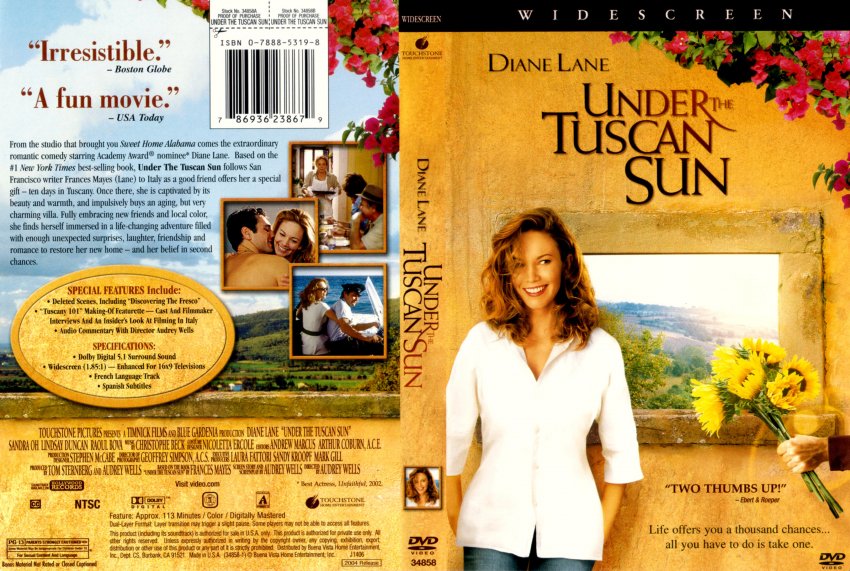

Majidi is good at distracting us from the clunkiness of the plot by filling scenes with life and incident. It’s the thinnest of premises, but it serves to get the four buddies into a school that becomes the story’s central focus and main location.

A cute freckled boy who is constantly on the lookout for sudden danger or sudden opportunity, Ali is the unofficial leader of this band of four, and has no trouble persuading them to enrol at the ‘Sun’ school when a neighbourhood crime boss sends him on a mission: to retrieve a treasure buried under a cemetery by digging a tunnel from the school basement. The fast-paced intro shows young teen Ali (Rouhollah Zamani) and his three best friends and junior gang members attempting to steal car wheels on commission in the underground car park of an upscale shopping mall in Tehran.
THE END OF THE SUN FILM MANUAL
However its old-school charm shades into tired plotting more than once, and the moral lesson concealed in the film’s central story about a gang of tykes’ search for buried treasure can feel a little preachy.Īn opening caption dedicates the film to “the 152 million children forced to do manual labour, and those who fight for their rights”. Post Venice, Sun Children will aim for the global outreach of Majidi’s best-known film to date, Children Of Heaven, which was beaten to the 1998 Foreign Language Oscar by another sentimental family ticket, Roberto Benigni’s Life Is Beautiful. This rousing, old-fashioned, somewhat didactic tale set in a school established to give street kids an education is an unusual choice for a competition berth at Venice, but in today’s abnormal times its naïve brand of 21 st century neo-realism feels strangely refreshing, like a nostalgia trip back to some imagined past when Disney made live-action children’s movies in Iran.Ī film that has its heart firmly in the right place Iranian filmmaker Majid Majidi crafts yet another empathetic film about poor but resourceful city kids in Sun Children.


 0 kommentar(er)
0 kommentar(er)
